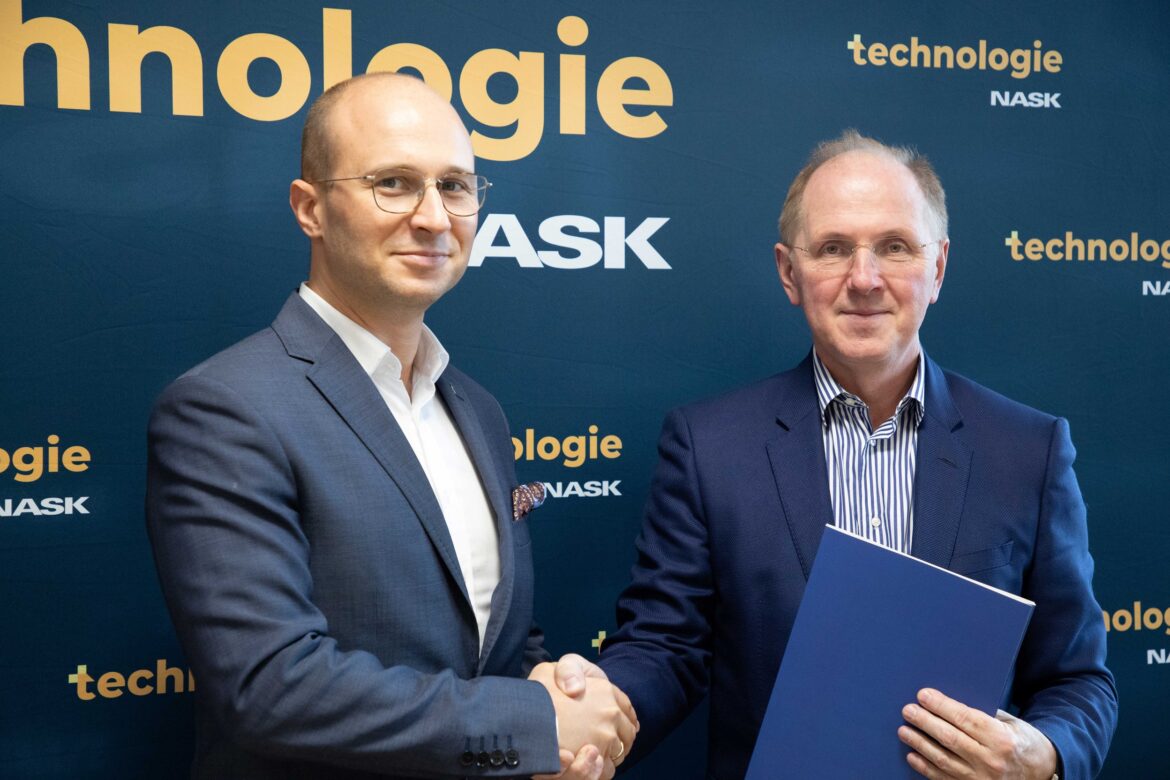The Research and Academic Computer Network – National Research Institute (NASK) and the Institute of Energy want to use artificial intelligence to configure and optimise energy systems based on hydrogen and renewable energy technologies (RES).
The cooperation will concern the technical and procedural preparation of energy sector entities to identify cyber threats, implement appropriate safeguards and handle and report incidents, taking into account the requirements of the Network and Information Systems Directive 2 (NIS2). NIS2 is a document that establishes general standards for the cyber security of entities critical to the functioning of European Union (EU) society.
The institutes will also support each other in the creation or modification of cyber security policies, training and ICT security audits and the introduction of appropriate solutions to ensure the security of the Polish energy sector at the level of current requirements.
NASK and the Energy Institute will also focus their attention on renewable energy sources and the transformation of the energy industry. The idea is to apply solutions based on artificial intelligence algorithms to optimise the configuration and operation of energy systems based on hydrogen and RES technologies.
“Research work will be conducted to improve the reliability of facilities providing electricity distribution in emergency situations”, says NASK director Wojciech Pawlak.
The director of the Institute of Energy, Professor Jakub Kupecki, adds that research and development projects in the field of cyber security and applications of artificial intelligence will take into account not only the needs of transforming the Polish energy sector, but also the objectives of the EU’s climate regulation package under the European Green Deal.
Arkadiusz Słomczyński





